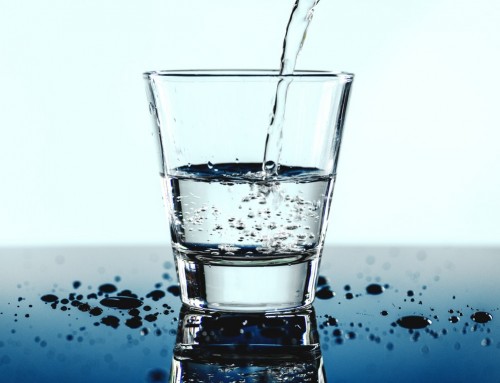You’ve dropped 10 post-holiday pounds and you rocked your workouts for the week! All in all, your diet is off to a great start already.
But as you head to the pantry for a snack, all you can think about is devouring the biggest bag of jalapeno chips imaginable!
But before you munch on that salty, fattening bag of chips, you should know what that sensation means.
Cravings are more than a physical sensation — they’re psychological, too. In fact, your body may not need that salt and fat (however delicious the chips may be) at all.
So what’s your body trying to say? Here a quick rundown on what your cravings mean.
Why We Crave
When it comes to cravings, we can separate things into two categories: The mental and the physical.
Chemical Dependency and Cravings
Our brains are complicated machines. Each second, 100 trillion synapses fire off regulating everything from our emotions to regulatory functions.
Once our brains correlate a certain event to a positive emotion, certain grooves form in the brain and dopamine gets released.
It isn’t only events that can trigger the release of dopamine, as scientists have discovered. The positive association of snacks, especially of a sugary variety, can function the same way.
Believe it or not, you may actually have an addiction to certain foods due to these associations. Your cravings are your brain’s way of saying it needs a fix of dopamine.
Physical Cravings
There are plenty of instances where your body is telling you that it needs certain types of food.
It may be a hormonal situation. This is why it’s so common for women who are pregnant or on their period to crave certain foods.
Cravings can also occur when your body has lost certain nutrients. It’s why we get thirsty, for instance, or crave salt after a tough run.
What Your Cravings Mean
Cravings are complicated, to say the least. But each type of craving means something different. Here’s what your tastes say about you.
Fatty
Cheese, dairy, and certain means like turkey are all high in a chemical known as L-tryptophan.
This essential chemical helps our brains release serotonin. While you’ve probably heard that tryptophan makes you sleepy, it also regulates moods and aids concentration.
It could also mean that your body is in need of healthy fats.
Salty
Sometimes there’s nothing better than a giant batch of greasy, salty french fries.
Though they’re terrible for your cholesterol and may make you bloated, salty foods are often a sign of dehydration, stress, or an electrolyte deficiency.
Sweet
We’ve already explored the biggest reason why people crave sweets. It’s often due to an emotional dependence of sorts.
But a lack of protein and fiber may cause a rise in your sweet tooth, too. You’re better off skipping the sugar-laden treats and choosing a healthy fruit-based dessert instead.
Sour
Though it’s less common than a sweet or salty craving, some people have intense cravings for sour foods like citrus.
Strong cravings for sour foods tend to be a sign that a person may be low on essential amino acids.
What to do When Cravings Get Out of Hand
We’re not here to tell you that you should do away with chips or donuts for good. We’re not sadists, after all!
But the key to conquering cravings lies in moderation. You can stop food cravings for good by limiting your portions or eliminating certain dietary staples altogether.
Another great way to keep strong cravings at bay is by drinking more water. Aside from keeping you hydrated, adding fruit or sugar-free flavors can help you balance that need for sweet with a healthier alternative.
What Your Cravings Mean: Final Thoughts
There are countless reasons why you may be craving a certain type of food. Pay close attention and learn what your body is saying.
While indulging every now and then isn’t going to hurt anyone, doing so on a regular basis can ruin your waistline.
Are you looking for more great ways to manage your health?
Know that you know what your cravings mean, be sure to check out our tips on creating a high-protein diet that encourages weight loss.











